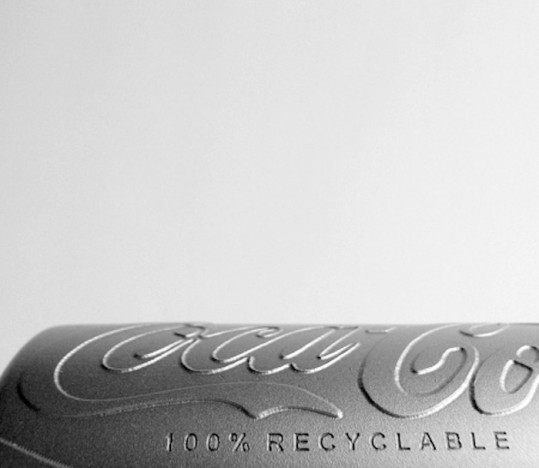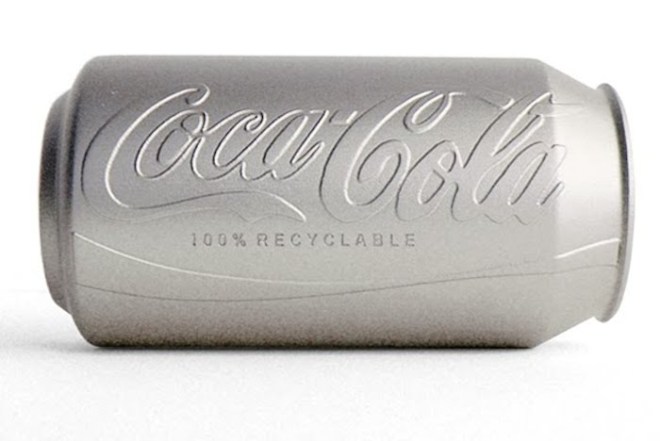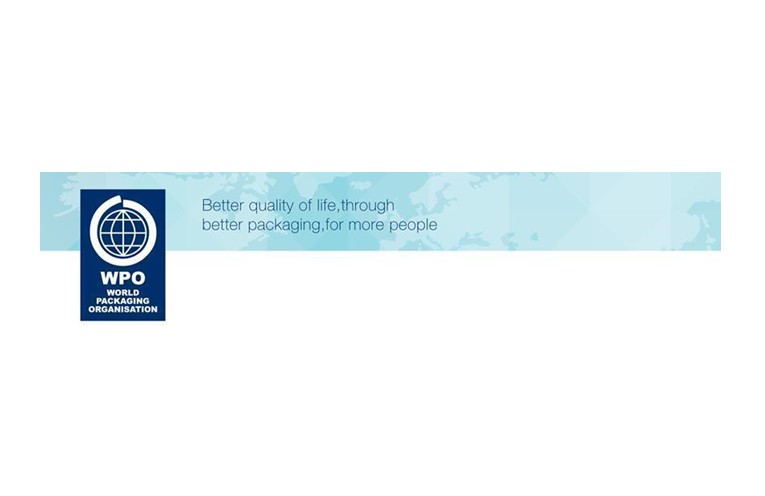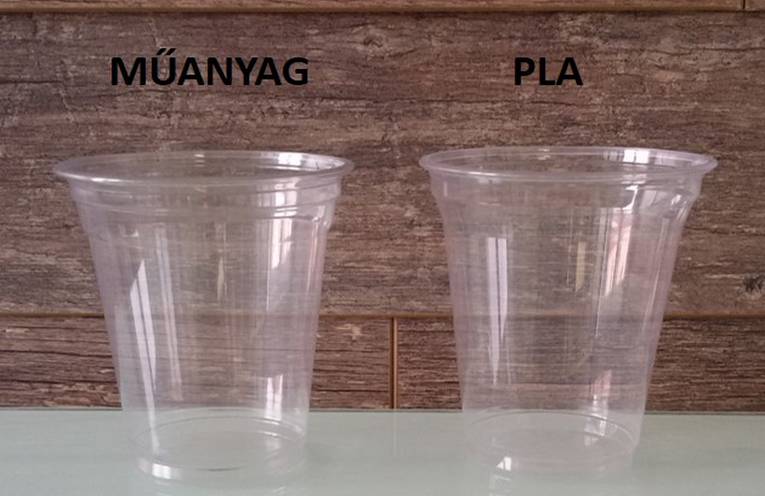Imagine a time when we recycle all aluminum cans in the world. Now imagine a time when all aluminum cans are “greener” than they claim to be. That is what the Ryan Harc design studio had in mind when a Coca-Cola can was re-created without toxic paint that tends to sink into the metal.
Being a leader in the soft drink industry and having the US as the largest market, followed by Mexico and China, the Coca-Cola Company owns the most innovative marketing campaigns worldwide. We saw the latest marketing campaign launched in China, Coke Lyric bottle, and Chok, the so-claimed best marketing campaign in over 35 years released last year in Hong Kong, reaching the top of the local app downloads for iOS in a single day, 380,000 downloads in one month, and over 9 million total views for the television commercial.
Although seen as an innovative player in the marketing space the Coca-Cola Company has yet a lot to catch up on the sustainability side. It is true that the aluminum cans are 100% recyclable, but it does not mean that the cans are as green as they could be. The current design favoring flashy colors uses toxic ink that tends to seep into the metal. What the consumers don’t realize is that the memorable experiences promoted by the marketing efforts tag along the risks for their own health and the environment that surrounds them.

In an endeavor to address such an issue, the NY-based Design studio Ryan Harc created a colorless can design that will reduce the cost of recycling and pollution. At least elegant, the minimalist touch given to the Coke can uses a pressing machine to insert a convex logo as an alternative to the colorfully toxic sprayed can.

The gains in environment benefits when skipping painting are huge if looked from the right perspective. Based on Alcoa statistics for aluminum can recycling, over 112 billion aluminum beverage cans are sold per year in the USA alone. But before aluminum cans can be recycled, the coating that goes on the cans to make them more beautiful and appealing on the shelves must first be produced, which in other words means CO2 emission by thermal or chemical burn-off. According to a report examining the potential coatings market opportunity for soy-based products estimates that 33 million gallons of coatings are sold per year in the US (2007 data).
Although only present in the design studio, the colorless pressed cans could also become a real product along with last summer’s Coca-Cola’s refreshing Ice Bottle packaging. Introduced in Cartagena, Colombia, consumers were seen enjoying a bottle of Coke direct out of ice instead of plastic or glass bottles; very practical, innovative and eco-friendly Coke packaging as the Ice Bottle melts away right after use.
forrás: shanghaimetalcorporation.wordpress.com 2014.09.16








